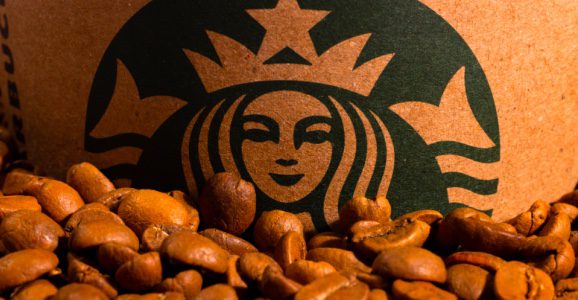
Starbucks facing lawsuit for complicity in trafficking and forced labor
On April 24, 2025, the advocacy group International Rights Advocates (IRA) filed a federal class-action lawsuit against Starbucks. The suit alleges that the global coffee giant knowingly profited from coffee harvested through forced labor in Brazil. Simultaneously, Coffee Watch submitted a petition to US Customs and Border Protection to block imports of coffee produced with forced labor.
The case centers around eight Brazilian workers identified as John Doe 1 through 8. Starbucks trafficked each plaintiff to work on coffee farms. Among them is “John,” who was recruited just days before turning 16. He endured grueling 12-hour shifts under the sun, unpaid and unprotected, until he was rescued in a government raid. The Brazilian labor ministry determined he had been subjected to “child labor in hazardous conditions” and “slavery-like” exploitation.
A case that could reshape the global coffee industry
The lawsuit, filed in the US District Court for the District of Columbia under the Trafficking Victims Protection Reauthorization Act. It targets Starbucks and its major Brazilian supplier, Cooxupé—the largest coffee supplier in the country.
According to IRA’s executive director Terry Collingsworth, “Slavery was abolished in the U.S. in 1865 and in Brazil in 1888, yet Starbucks’ premium-priced coffee relies on a production system that perpetuates human trafficking and modern slavery.”
Coffee Watch’s CBP petition complements the legal action, providing extensive documentation of systemic abuse across Brazil’s coffee industry. The petition urges the government to block imports of Brazilian coffee tainted by forced labor—not just from Starbucks, but also from Nestlé, Dunkin’, Illy, McCafé, and Jacobs Douwe Egberts.
According to the complaint by IRA, despite labor inspectors visiting only about 0.1% of Brazil’s 200,000 coffee farms, authorities have rescued nearly 3,700 workers from slavery-like conditions since 1996. Etelle Higonnet, Coffee Watch’s founder, stated,
“This isn’t about a few bad actors. We’re exposing an entrenched system that traps millions in poverty and thousands in slavery.”
In a report by The Guardian, Higonnet adds,
“If we’re able to convince CBP that our case is watertight … that would be a gamechanger because thousands of people have been found in those conditions by Brazilian authorities, and clearly what has been done till now is not solving the problem.”
Additionally, the petition calls attention to life-threatening conditions faced by workers. This includes recent deaths, amputations, and threats of violence against those attempting to escape or speak out.
